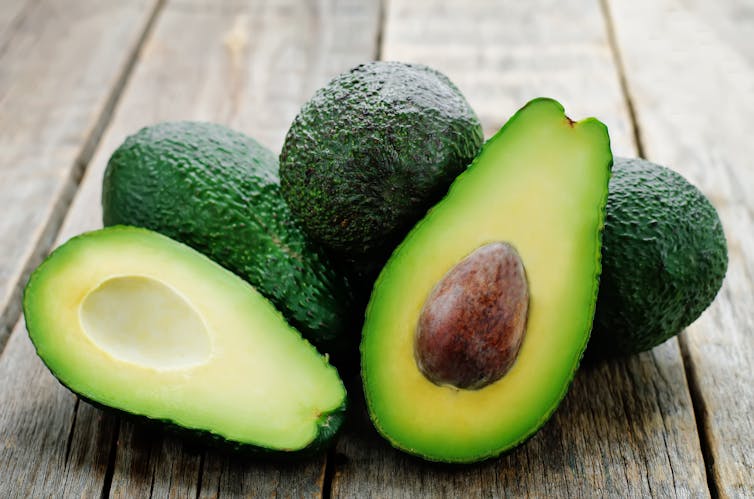No, Plant-Based Meals Do Not Undermine Freedom of Choice
Written by Joanna Demaree-Cotton
Last month, TV personality Jeremy Clarkson took centre-stage in our local county politics with an argument against plant-based meals. His fury—expressed on television, on Twitter, and in a strongly-worded column in The Sun—was sparked by the Oxfordshire County Council’s decision to provide only plant-based meals at council-catered events as a move towards environmental sustainability.
Local farmers—including Jeremy Clarkson, whose farm in Oxfordshire was the focus of his latest TV venture Clarkson’s Farm—protested the measures. There is nothing surprising about this. There’s a straightforward conflict of interest here. It’s in the interests of people who make a living from selling animal products to promote diets based around animal products. (As local arable farmer John Richardson was reported to have said at the protest, “[we’re] just trying to promote the good food we produce”.)
More curious, however, is the claim that it’s morally wrong to have policies committing to plant-based catering. More specifically, one of Clarkson’s arguments was that deciding to provide plant-based catering is morally wrong because it interferes with freedom of choice. Standing with protesting farmers, Clarkson reportedly argued:
“I think people have to have choice. If people want to eat seeds and weeds, fine. If people want to eat meat, fine. … You can’t dictate. You might be a vegetarian but you can’t make everyone else a vegetarian just because you are.”
Read More »No, Plant-Based Meals Do Not Undermine Freedom of Choice


